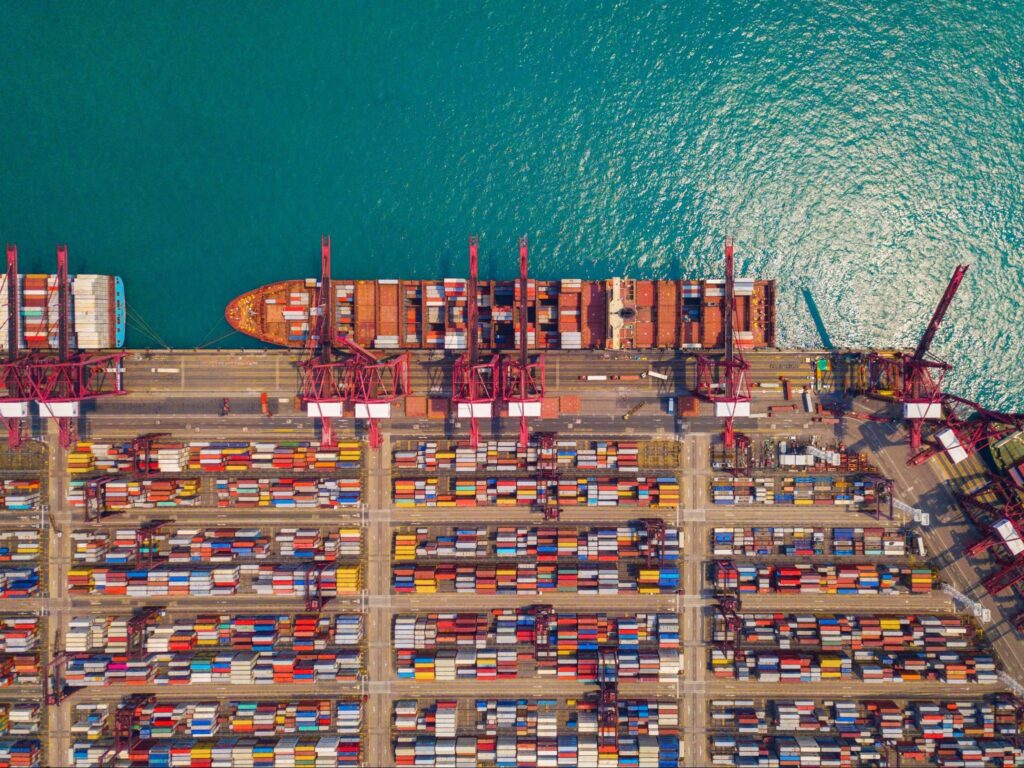The Russian invasion of Ukraine at the beginning of this year has not only triggered large-scale humanitarian and migration crises but has also added risks to the global economy that is already dealing with the COVID-19 pandemic. Aside from this, the Russo-Ukrainian conflict also affects global mobility from several aspects. The first aspect is that most countries are now limiting their flights to Russia and Ukraine. Another aspect is sanctions against Russia, making it increasingly difficult for products and funds to reach the region. As a result, international employees are facing difficulties regarding their rent and expenses.
Consequently, the best course of action for most companies is to stop sending their employees to these regions. A lot of companies are also encouraging their employees to leave Russia. As mentioned, flights are becoming exceedingly difficult to book, as more countries are closing their airspace to airlines from Russia, especially those in Europe. Most airlines are forced to route their planes to the Middle East and then reroute to Europe. Other airlines are suspending their flights to and from several Asian countries to avoid flying over Russian airspace. Additionally, companies are forced to deal with relocating their current employees from Ukraine and Russia. And that creates substantial challenges, from obtaining Temporary Protection status for the foreign employees in an interim country to organizing and ensuring safe passage.
From an economic standpoint, the three biggest areas of concern are the impact of cyberattacks, the rising cost of fuel, and industry concerns from sanctions that can have far-reaching effects on numerous levels. This article will discuss the mobility challenges arising from the Ukraine crisis.
Cyberattacks
One of the major threats arising from the Ukraine conflict is imminent cyberattacks. It is known that Russia has quite a reputation for cyber-attacking vital shipping and supply infrastructures at times of crisis. Since the global supply chain is already fragile enough from the COVID-19 pandemic, attacks like these can mean serious devastation.
In 2017, Maersk, the world’s largest shipping line at that time, and TNT systems were indirect victims of a Russian cyberattack on Ukraine. This incident affected the shipping company in a way that took several weeks to repair and return to standard operations. After the attack, ports and terminals had to strengthen their cyber defenses, but that doesn’t mean they won’t be impacted again. It only means that their recovery period won’t last too long. Since the current global supply chain is more fragile than it was in pre-pandemic times, if such an incident happened today, it could have a devastating effect on the global supply chain.
Fuel Costs
Another threat that can impact global mobility is fuel costs. Russia is one of the main exporters of crude oil and the world’s largest exporter of natural gas, and they are already manipulating the cost of fuel as counter-attacks against the countries putting economic sanctions on them. Almost instantly after the Russian invasion of Ukraine, fuel prices in Europe jumped by a whopping 62% in one day. European dependence on Russian oil is at a record high, with almost half of its supply coming from this country. Needless to say, this will have serious consequences on water, land, and air travel. In addition to high fueling costs’ impact on travel and shipping, it can also impact global mobility and increase energy and food prices.
Sanctions and Industry Concerns
Russia is one of the main world suppliers of many raw materials. It is a major supplier of metals used in the manufacturing of cars, such as palladium used in catalytic converters and nickel used in lithium-ion batteries. Aside from raw materials, Russia houses numerous manufacturing facilities. For instance, while already in shock from pandemic-induced chip shortages and supply chain problems, the auto industry could also be impacted by the sanctions on Russia. Since a lot of global companies have manufacturing hubs in the country, they may struggle to continue with their operations under the imposed sanctions. Aside from the auto industry, the pharmaceutical industry may also be heavily impacted.
Getting Employees Out Of Ukraine
Due to the escalating Russo-Ukrainian conflict and dangerous situation, many companies are helping their employees to relocate safely outside the country. Some companies are providing employees with options for border crossings and are helping with applications for refugee or asylum status in other countries. However, companies should be careful not to help their employees leave the country in breach of recent military conscription orders, which prohibit men aged 18-60 years from leaving Ukraine.
Employers should know that many countries are now amending or relaxing visas and other entry requirements for Ukrainian citizens. European Union member states are implementing the Temporary Protection Directive, which allows EU member states to authorize temporary residency on humanitarian grounds for Ukrainian citizens and residents leaving Ukraine. Also, the countries outside the EU have introduced more flexible immigration conditions and additional help for Ukrainians.
This relocation of employees to other countries could lead to companies discovering they now have workers in locations where they didn’t have a presence. Companies should also consider whether their employees’ stay in another country creates an income tax or social security liability for their organization.
At Corporate Relocation Today, we are always happy to help you with your relocation needs, and we understand the complexities of employee relocation inside and out. Please feel free to contact Shawn Elledge, Executive Director of Corporate Relocation Today for help with your employee relocation efforts at Shawn@CorporateRelocationToday.com




